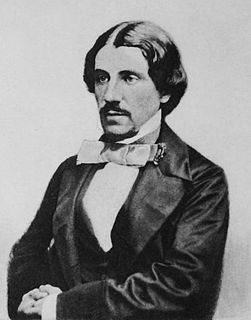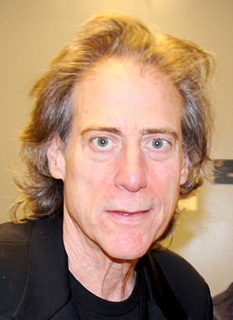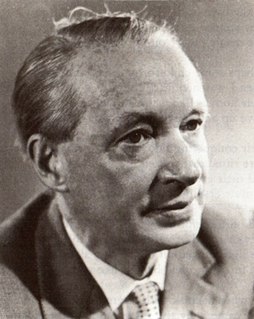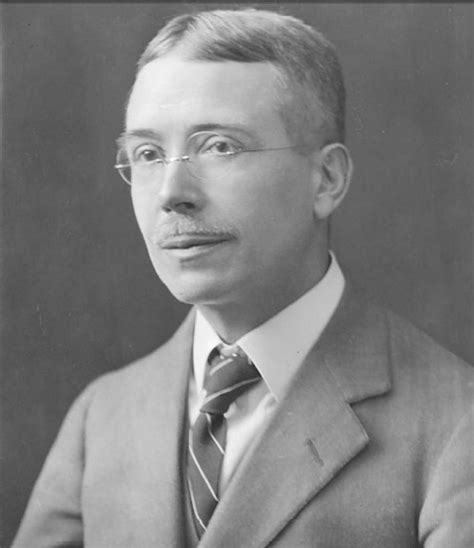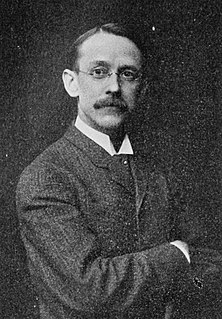A Quote by Andre Aciman
Homer, Vergil, Dante, Shakespeare, Goethe, Proust - not exactly authors one expects to whiz through or take lightly, but like all works of genius, they are meant to be read out loud and loved.
Related Quotes
Dante Alighieri was not only a Christian poet or a priest, he was a man. He was a real poet. We can understand that the goal of Divine Comedy is beauty. You don't need also to understand Italian or to know Italian, because when Dante's writing, when we recite Dante out loud, it explodes a cosmos of illumination like to recite music, a symphony.
A part of what makes myths live is their multiplicity, the way different voices retell them in every generation. Homer survives because his poetry was outstanding, yes, but also because he's been passed down by so many by luminaries like Vergil and Ovid, Shakespeare, James Joyce and Margaret Atwood, but also by countless others. I wanted to do my part for these tremendous stories.
How about Proust's In Search of Lost Time?" Tamaru asked. "If you've never read it this would be a good opportunity to read the whole thing." "Have you read it?" "No, I haven't been in jail, or had to hide out for a long time. Someone once said unless you have those kinds of opportunities, you can't read the whole of Proust.
We possess the Canon because we are mortal and also rather belated. There is only so much time, and time must have a stop, while there is more to read than there ever was before. From the Yahwist and Homer to Freud, Kafka, and Beckett is a journey of nearly three millennia. Since that voyage goes past harbors as infinite as Dante, Chaucer, Montaigne, Shakespeare, and Tolstoy, all of whom amply compensate a lifetime's rereadings, we are in the pragmatic dilemma of excluding something else each time we read or reread extensively.

